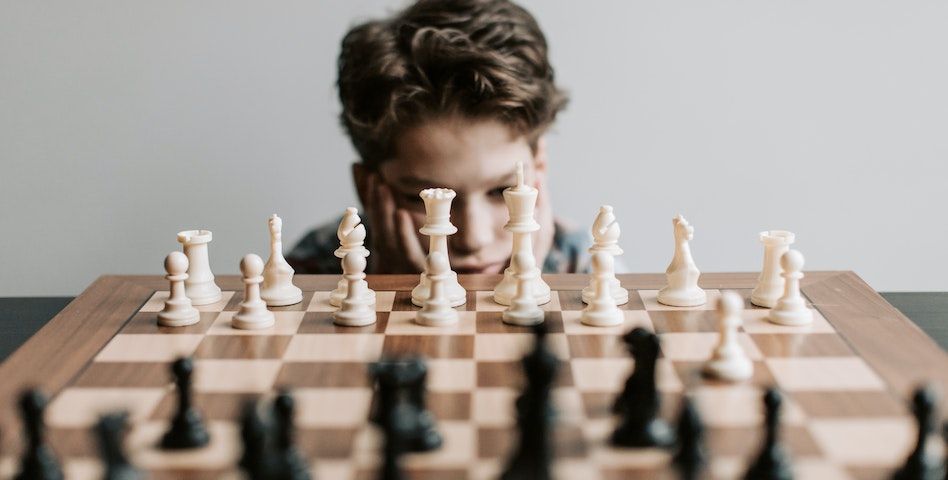Who Discovered the Game of Chess?
The game of chess, with its intricate strategies and timeless appeal, has captivated minds for centuries. Yet, its origin remains shrouded in mystery and the subject of much speculation. In this blog, we will explore the intriguing history of chess and the various theories surrounding its discovery.
Ancient Beginnings: A Game of War and Strategy
Chess is believed to have originated in ancient India, where it was known as "chaturanga." The name itself provides clues to the game's roots, with "chatur" meaning "four" and "anga" meaning "parts" or "divisions." Chaturanga represented the four main divisions of an ancient Indian army: infantry, cavalry, elephants, and chariots. This early version of chess was a reflection of warfare and strategy on the battlefield.

Chaturanga Spreads: A Journey through Asia
The game of chaturanga gradually spread through the Indian subcontinent and made its way to Persia, where it underwent significant changes. In Persia, it became known as "shatranj." Shatranj preserved the core principles of chaturanga but introduced new elements, such as the names of the pieces and the checkmate concept, which ultimately evolved into the modern checkmate rule.
During the Islamic Golden Age, shatranj became immensely popular, and it was through the influence of Islamic scholars that the game began to reach other parts of the world, including North Africa and Europe. The Arabic-speaking Moors brought shatranj to Spain, where it was known as "ajedrez."
A European Transformation: Chess Evolves
In Europe, chess continued to evolve. The game underwent several modifications during the Middle Ages, including changes to the rules and the introduction of new pieces, such as the queen and the bishop. These changes made chess more dynamic and strategically complex, paving the way for the modern version of the game.
Theories on the Discovery
The question of who exactly discovered the game of chess remains a subject of debate among historians. Several theories have emerged over the years, but no definitive answer exists. Here are some of the prominent theories:
1. Indian Origins: The most widely accepted theory is that chess originated in India during the Gupta Empire (around the 6th century AD). The earliest known reference to chaturanga can be found in ancient Indian texts, such as the "Chaturanga Sutra." These texts describe the rules and strategies of the game, suggesting its Indian origins.
2. Persian Influence: While India is credited with the creation of chaturanga, Persia played a crucial role in shaping the game's development. The Persian version, shatranj, introduced significant modifications, and it was through Persian influence that chess reached the Islamic world and beyond.
3. Chinese Connection: Some theories propose that chess may have had Chinese origins, with the game evolving independently in both India and China. While there are ancient Chinese board games with similarities to chess, such as "xiangqi" (Chinese chess), the historical evidence linking the two is inconclusive.
4. Indian Cultural Exchange: Another theory suggests that chess may have been introduced to India through cultural exchange with ancient China or Central Asia. This theory accounts for some similarities between chaturanga and other early board games in the region.

Conclusion: A Game of Enduring Appeal
The true origin of chess may remain a historical enigma, but its enduring appeal and significance are undeniable. Chess has transcended time and borders, becoming a universal game cherished by people of all ages and backgrounds. It is a testament to the human fascination with strategy, competition, and intellectual challenge.
Whether you view chess as a product of ancient India, Persia, or a more complex blend of cultural influences, its legacy as a game of skill, strategy, and wits is indisputable. Chess has left an indelible mark on history, shaping cultures, inspiring generations, and continuing to be a source of enjoyment and mental exercise for millions around the world. Ultimately, the mystery of its origins adds to the mystique and allure of this timeless game.